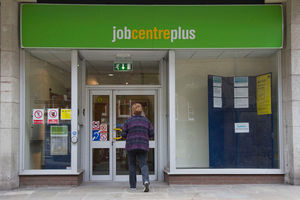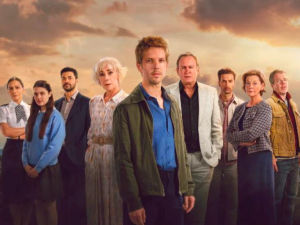Express & Star comment: True extent of job losses beginning to show
The true extent of Britain’s unemployment roll is beginning to become clear.

There has been an avalanche of job losses since March with almost three quarters of a million people being removed from the payrolls of British companies to date. The most worrying thing is that it remains the tip of the iceberg. As furlough comes to an end later this year, other sectors who presently rely on the Government’s Job Retention Scheme will also make workers redundant. It will not stop there, either. Uncertainty surrounding Britain’s economic relationship after Brexit come into play as winter approaches.
It seems inevitable that we are heading towards unemployment last seen during the 1980s.
Here in our region, the picture is less grim than in other parts of the UK. While there has been a huge rise in the jobless figures nationally, the picture locally is different with a slight fall.
Nonetheless, the bigger picture is alarming. Businesses are unable to invest because they do not know what demand there will be for their services as Covid-19 continues to ebb and flow.
The stability and security upon which all businesses depend simply does not exist as we face the twin challenges of Covid-19 and Brexit. It is difficult to picture a time since the Second World War when there has been greater uncertainty and instability. Until we have a lasting remedy for Covid-19, our economy will not be fixed. It will continue to leak jobs as confidence ebbs away and money ceases to circulate freely.
Against that backdrop, Chancellor Rishi Sunak has been doing what he can to stimulate the economy – and to prevent the picture becoming bleaker still.
Some of his efforts are working. More than £50 million was poured into his Eat Out To Help Out scheme during its first week of trading, helping to safeguard Britain’s hospitality sector. That, however, is applying a sticking plaster to a fracture. There is uncertainty surrounding school closures, people are reluctant to use the High Street, manufacturing may lose frictionless access to the colossal European market and there is a genuine prospect of tariffs being applied to goods and services traded with Europe. There has seldom been a more challenging time for business.
The Chancellor has much work to do to protect our fragile economy.





